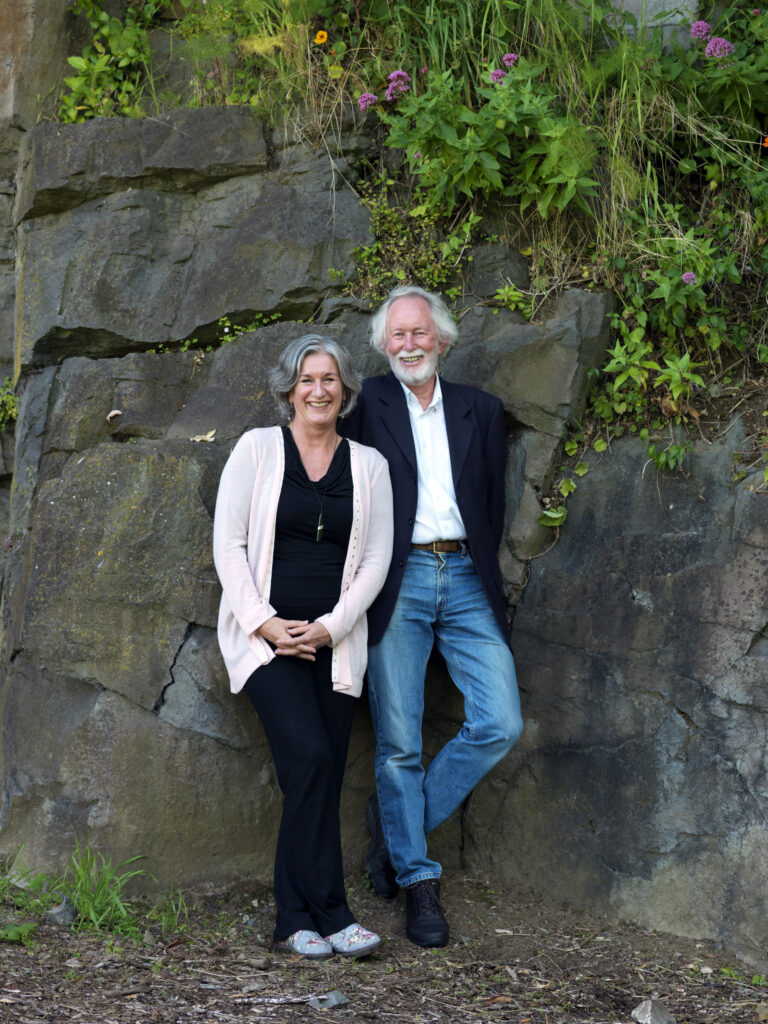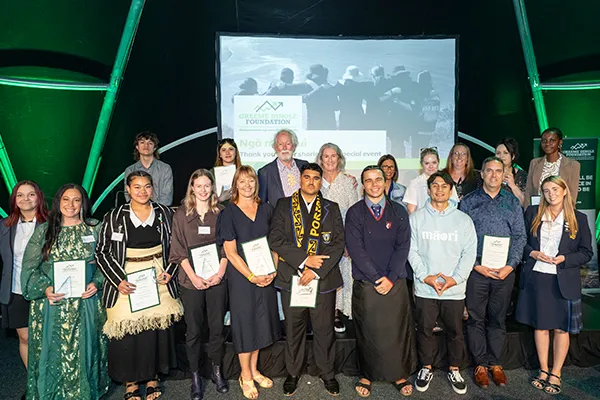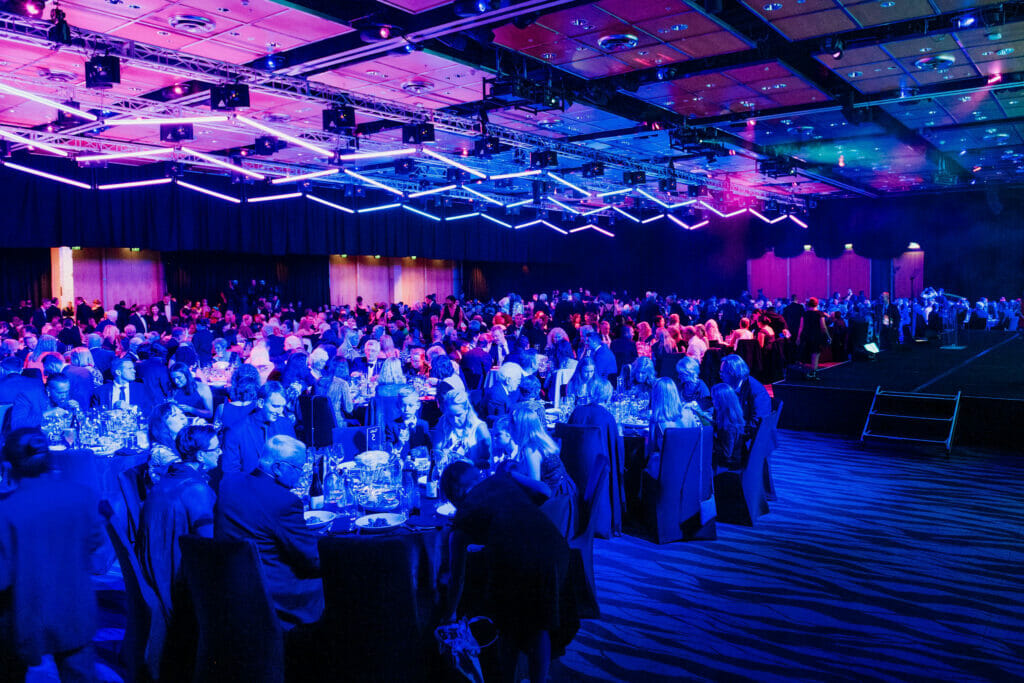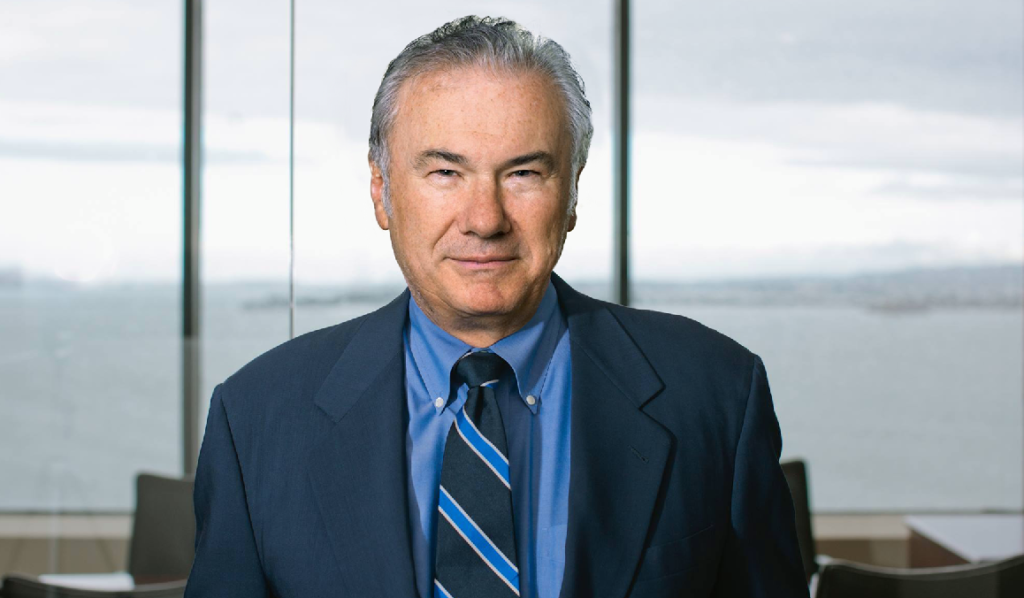World Class New Zealander Jo-anne Wilkinson is a passionate advocate for youth. As a co-founder of the Graeme Dingle Foundation, alongside her partner Sir Graeme, she’s dedicated to bettering the futures of Kiwi youth. In recognition of her incredible service, she’s recently become a Companion of the New Zealand Order of Merit (CNZM) for services to youth.

Jo-anne says she was delighted to accept this most recent honour and she hopes this accolade will continue to verify to government, corporates, private funders and communities the importance of working together to allow organisations like the Graeme Dingle Foundation enable the next generation to lead positive and fulfilling lives making a strong and successful future for New Zealand.
“You know, we’ve got a lot of disengaged young people – social media and COVID-19 are big causes, and we need to turn that around. Disengagement looks like kids either not turning up to school or if they are going to school, they’re switched off. A lot of kids haven’t got qualifications. We need to help in that area. We’re already working on it, we just need to reach more bandwidth.”
Unveiling the roots of a vision
Jo-anne’s vision to empower New Zealand’s youth sprang from a shared passion for outdoor adventures which saw Jo-anne and her husband Sir Graeme travel across countries like Siberia and Alaska. Jo-anne says what they witnessed in local indigenous communities during these travels led to the creation of the Graeme Dingle Foundation.
“It made us realise how incredibly lucky we are to be New Zealanders. Yet, when we returned, it was very much in the front of our minds that New Zealand’s statistics for young people were pretty awful as well. We decided we couldn’t pretend it wasn’t happening, so we decided to do something about it.”
Jo-anne and her husband launched the Graeme Dingle Foundation in 1995 and have since worked with more than 350,000 tamariki and rangatahi across New Zealand – that’s 26,000 Kiwi children a year – teaching them resilience, self-reliance and hope through various programmes.

Building a legacy – the power of robust foundations
Jo-anne says her proudest achievement is the robustness of the organisation, and the local reach which enables them to connect with communities on a personal level.
“When we started 30 years ago, we were pretty unique in having a research base and being able to select and measure outcomes. I think our robustness and succession planning is important and something I am proud of because long after we are gone, the organisation will still be able to do its work with the great skill sets we have around the country.”
Ultimately, Jo-anne’s vision is a world where all children have a strong future.
“We’ve worked to advance the hope, aspirations and futures of our young people not only for themselves, but for the good of the country. We are trying not to leave any child behind. Children are our future, so let’s make sure they’ve got good ones.”

 MENU
MENU










